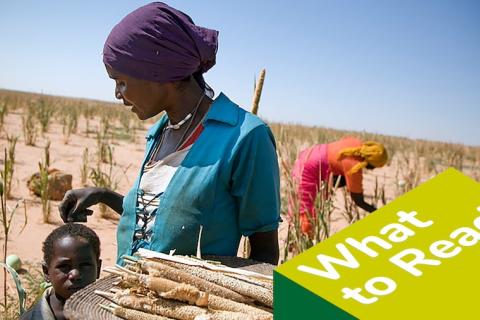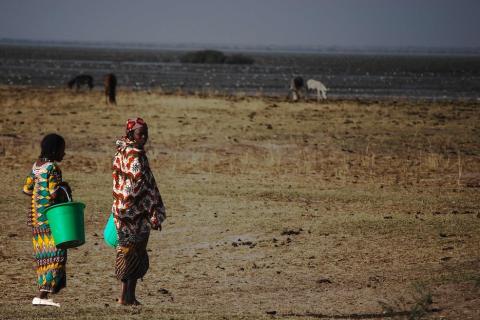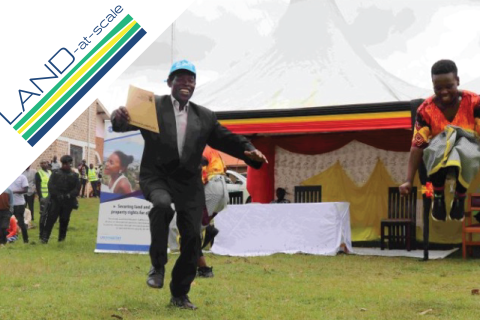
How will the next generations be able to access land to support their livelihoods and what ideas they bring to make agriculture and other land-based activities more sustainable?

In honor of International Women’s Day, this What to Read Digest offers a selection of some of the must-read publications for anyone wishing to understand the link between land, food security and women.

A selection and review of readings that shed light on the role that open land data can play in equitable and sustainable development, and social justice.


Has land formalization - as a type of land reform - delivered on the promises of improving tenure security, agricultural productivity and women's land access? Learn more in this data story.

In this interview, Prof. Felix Ngana talks about the creation of the Training and Research Unit (UFR) on Land Governance and Local Development (GFDL) at the University of Bangui in the Central African Republic (CAR). Following the establishment of a Bachelor's degree program, plans to extend this training to the Master's and PhD levels are already underway. These efforts are timely, as the country has embarked on a decentralization process to elect mayors and governors to head municipal and regional councils, respectively.

This data story reflects on the complexities of measuring the impact of land governance projects and summarize some of the best practices on impact evaluation from the well-known guidelines on the topic.

This blog post is part of the series What to Read. This issue has been developed in the frame of a project in collaboration with ANGOC, ALRD and funded by the Global Forum on Agricultural Research (GFAR).

This What to Read digest examines livestock keeping in pastoral systems and features recent research that reviews the relationship between pastoral livelihoods and global climate change.

Celebrating Women's International Day, we take a tour to Sierra Leone and put our lens on specific factors that affect women's perception of being insecured in their lands. This data story is based on fresh data from partner organisations Green Scenery, Resource Equity and the University of Groningen.

A review of four recent articles about an underexplored issue: the reasons for large-scale land deals to fail and what that means for communities and society

